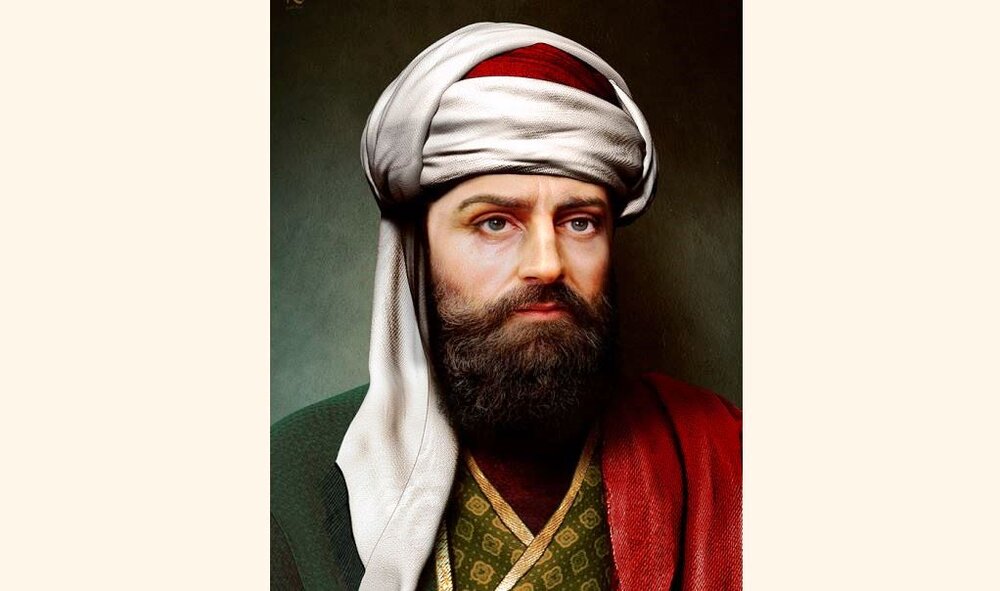Iran to celebrate poet Nezami Ganjavi in weeklong program

TEHRAN – Iran’s Ministry of Culture and Islamic Guidance on Tuesday announced its plan to commemorate the Persian poet Nezami Ganjavi in a weeklong program in March.
The program, which has been set up as a hybrid event with virtual and live meetings, will begin on Esfand 21 in the Iranian calendar year (March 12), which is celebrated by Iran as Nezami Day every year.
“Instead of one day, this year, we will dedicate one week to celebrating Nezami to stress the Iranian nationality of the great poet and his Persian language,” culture minister aide Mahmud Shalui said in a meeting with the managers of several Iranian platforms that will cover the weeklong program.
“Hakim Nezami belongs to Greater Iran,” he noted and added, “The commemoration of Nezami is a cultural move, away from any political attitude, and therefore our team of organizers’ efforts will be concentrated in introducing Nezami as an Iranian and Persian-language poet.”
The Republic of Azerbaijan has made claims on Nezami, the greatest romantic epic poet in Persian literature, who lived during the 12th and early 13th centuries. He brought a colloquial and realistic style to the Persian epic.
The State Museum of Oriental Art in Moscow organized an exhibition in 2021, showcasing artworks inspired by Nezami Ganjavi. The museum erroneously called Nezami an Azerbaijani poet. However, his masterpieces have been composed entirely in Persian, without even a verse in the Azerbaijani language.
Nezami Ganjavi (c. 1141-1209 CE) is mostly known for “Khamseh”, two copies of which are preserved in Iran were inscribed on UNESCO’s Memory of the World Register list in 2011.
“Khamseh” is a pentalogy of poems written in Masnavi verse form (rhymed couplets) with a total of 30,000 couplets.
These five poems include the didactic work Makhzan ol-Asrar (The Treasury of Mysteries); the three traditional love stories of Khosrow and Shirin, Leili and Majnun, and Haft Paykar; and the Eskandar-nameh, which records the adventures of Alexander the Great.
There are various versions of “Khamseh” in Iranian libraries, but the two versions kept at the Central Library of the University of Tehran and the library of the Shahid Motahhari School and Mosque in Tehran are the ones that were registered by UNESCO.
Photo: A portrait of Iranian poet Nezami Ganjavi. (Goethe Institute)
MMS/YAW
